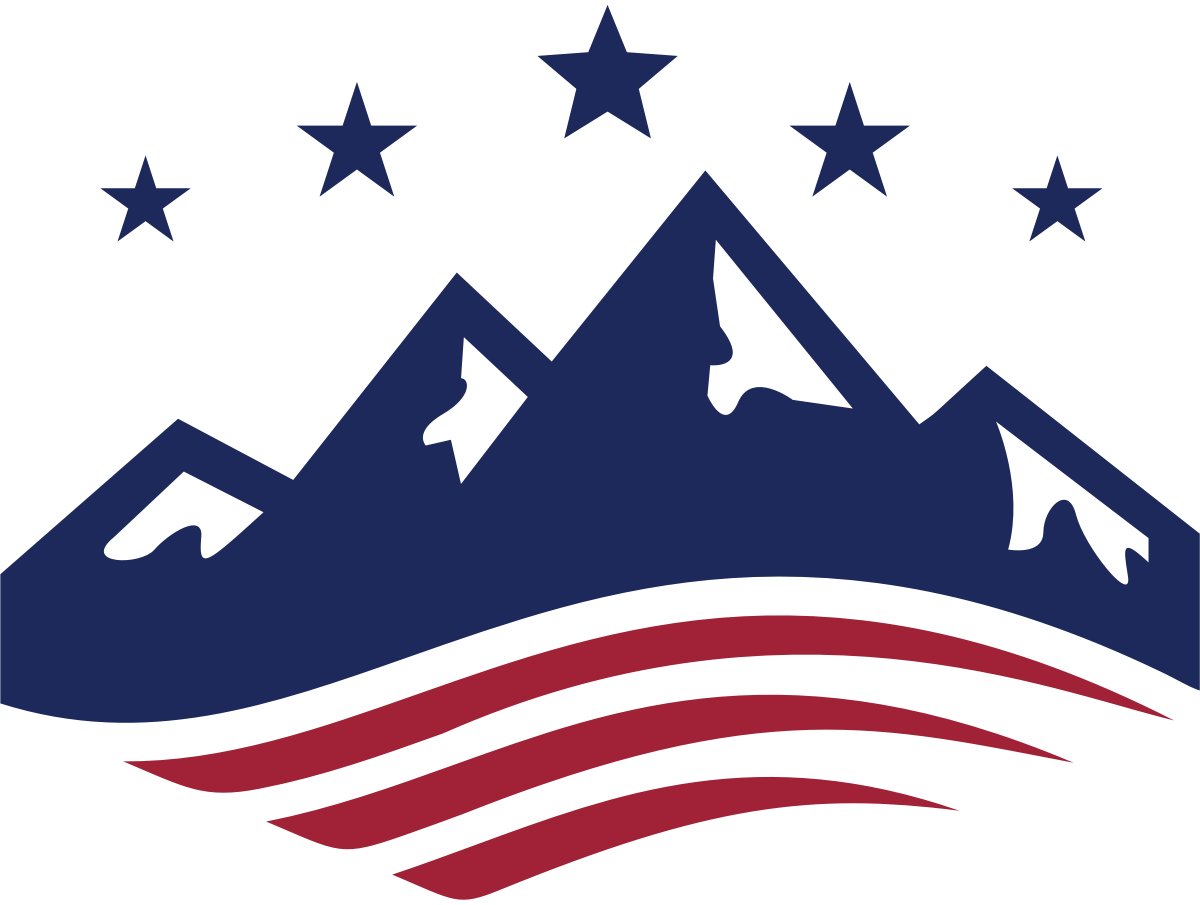
Written by William C. Duncan
June 1, 2023

Last week marked a little-noticed anniversary. On May 26, 1848, the treaty ending the Mexican-American War was ratified. The conflict revolved around the admission of Texas into the United States. Mexico opposed the United States’ proposed annexation and the war ensued. The treaty ending the war “set a border between Texas and Mexico and ceded California, Nevada, Utah, New Mexico, most of Arizona and Colorado, and parts of Oklahoma, Kansas, and Wyoming to the United States.”
Slavery was an important subtext of the war. Opponents of the war believed territorial expansion would lead to a rise in the number of slave states and thus increase the power of slave states to protect the practice in the United States. Abraham Lincoln, for instance, strongly opposed the war as a member of Congress and subsequently lost the support of his party for his reelection.
Henry David Thoreau felt so strongly about the war that he decided to stop paying taxes in protest. After going public with his opposition to the war, Thoreau was briefly jailed over the taxes. He subsequently wrote the essay “Civil Disobedience,” describing his philosophy of active opposition to unjust government policies.
Thoreau’s opposition to paying – even indirectly – for a cause to which he conscientiously objected is widely shared, even if most people are not likely to go to jail over it. This is illustrated by recent cases in California and Michigan.
At the encouragement of Planned Parenthood, the California Department of Managed Health Care decided in 2014 that all employers were required to pay for employees’ abortions. A number of churches sued, alleging that their First Amendment rights were infringed by the requirement. Last year, a federal court agreed with the churches and ruled the mandate was unconstitutional. In May of this year, “state officials … agreed to pay $1,400,000 toward the churches’ attorneys’ fees.”
The Michigan dispute involves student fees at a public university. Students were enrolled in a class required for their communications major. Their professor required them to subscribe to a political website she had created, the Rebellion Community, in order to access class materials. The students later learned that the subscription money would be used to purchase an RV for an activist tour and the rest would be given to Planned Parenthood. They allege that their constitutional rights were violated by being forced to finance causes antithetical to their religious beliefs.
Prior cases provide some context to help understand why the court ruled in favor of the churches in the California case and seems likely to rule in favor of the students in the Michigan case.
As with the California situation, the Supreme Court treats a mandate on a religious group to do something at odds with their beliefs as unconstitutional absent a compelling justification. Like the Michigan case, the Supreme Court has held that a state cannot force public employees to pay union dues even if they don’t join the union.
For the most part, though, a citizen like Thoreau would be out of luck. The Supreme Court has consistently held that merely being a taxpayer does not give someone standing to challenge a government spending decision. Their reasoning has been that it would be too difficult to establish a link between the decision and specific harm to the taxpayer (i.e., how could anyone establish that their tax money went to pay for the specific objectionable program?).
Interestingly, the Supreme Court has carved out an exception. In a 1968 case, Flast v. Cohen, the court ruled that a taxpayer could challenge a government decision to pay for secular textbooks for religious schools. This establishment clause exception has been narrowed but is theoretically still available.
Taken together, the law seems to: (1) accommodate those who are forced by laws or public employees to make direct contributions to a cause which offends their core beliefs, but (2) not accommodate people who object to paying indirectly, through taxes, for causes they oppose. That principle allows courts to avoid micromanaging the legislative budget process and preserves the separation of powers, while still ensuring that rights of conscience are secured.

Insights: analysis, research, and informed commentary from Sutherland experts. For elected officials and public policy professionals.

- The right of conscience includes protection from being forced to support causes one disagrees with.
- Recent cases from California and Michigan illustrate ways governments can interfere with this right.
- The Supreme Court has established rules to ensure protection of conscience without letting courts micromanage the legislative budget process.
Read More
Ignoring the text of the Constitution is a mistake
A written Constitution is entirely superfluous if the document is simply meant to give the people what they want.
What you need to know about election integrity
It should be easy to vote and hard to cheat. This oft-quoted phrase has been articulated as a guiding principle by many elected officials wading into voting and election policy debates in recent years. So why has this issue been so contentious, and what’s the solution?
How transparent are school districts about curriculum?
Utah districts don’t need to wait for legislation to be transparent – many have sought to be transparent on their own. District leaders interested in this reform can do several things right away.


